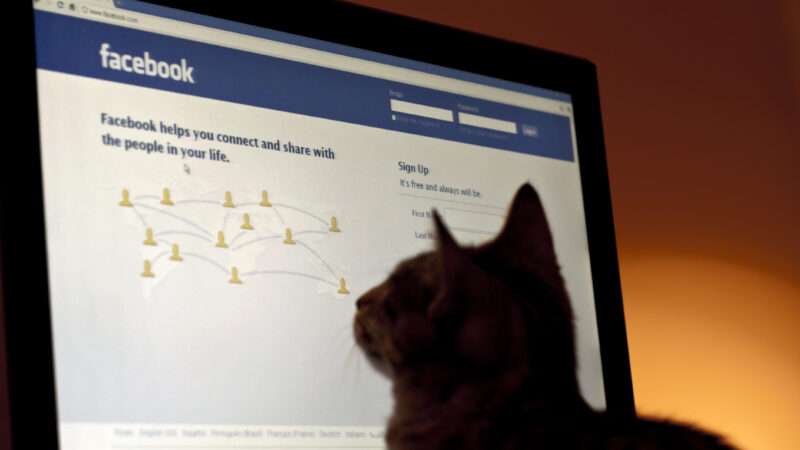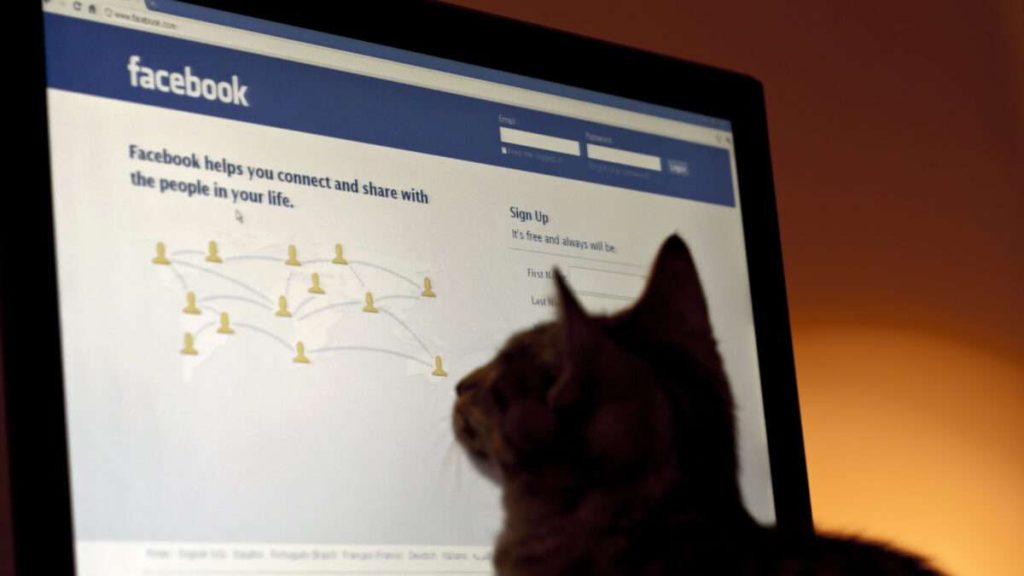
Fact-checkers, assemble! The International Fact-Checking Network (IFCN) held an emergency meeting on Wednesday to discuss a recent setback: Meta CEO Mark Zuckerberg is cutting off the gravy train.
Zuckerberg announced earlier this week that his platforms would part ways with the third-party fact-checking organizations he had employed to police speech on Facebook and Instagram.
“The fact-checkers have just been too politically biased and have destroyed more trust than they’ve created, especially in the U.S.,” he said in a video announcement.
This is a significant admission. For years, dissident commentators—primarily right-leaning and libertarian ones, but some leftists as well—have complained that Facebook’s fact-checkers were heavy-handed and prone to error. To take just two examples, they erroneously described as misleading a climate change video by John Stossel and a short post about mask mandates written by me. That Zuckerberg now agrees with this criticism is a hugely positive development for everyone who would like the platform to take a more hands-off approach to the moderation of political speech.
Fact-checkers very much do not put themselves in this category. They are furious that their expertise is being questioned and that their power to censor speech will be taken away. They are so furious that they are actually attempting to argue that they never held this power in the first place. “We did not, and could not, remove content,” wrote Lori Robertson, managing editor of Meta fact-checking partner FactCheck.org. “Any decisions to do that were Meta’s.”
This is misleading. Or, to put it in the parlance that FactCheck.org might understand: This claim is missing important context. The deal was that Meta would pay certain fact-checking organizations to monitor the platforms and would then take action to limit the spread of content that was deemed false. The fact-checkers knew they had policemen powers, albeit indirect ones. That’s why they were well-compensated by Zuckerberg. According to Business Insider, payment by Meta itself was their “predominant revenue stream.”
“Fact-checking isn’t going away, and many robust organizations existed before Meta’s program and will continue after it,” said Angie Holan, director of the IFCN. “But some fact-checking initiatives were created because of Meta’s support, and those will be vulnerable.”
Good riddance. In the years since fact-checking became an important aspect of Facebook, the platform has stagnated. Four years ago, Meta deprioritized political content on the Facebook timeline; the purpose, according to Meta, was to make it easier to interact with friends and family while avoiding fraught news topics. Instead, what has happened is that the platform is now overrun with useless junk, some of it AI-derived.
If Zuckerberg wants to restore the platform to its former glory, that’s great. And if the fact-checkers won’t be along for the ride—even better.
This Week on Free Media
I am joined by Amber Duke on Free Media‘s brand new YouTube channel—subscribe here!—to discuss Zuckerberg’s changes to Facebook, Canadian Prime Minister Justin Trudeau’s resignation, Sunny Hostin’s January 6 comparisons, and Billy Bush’s latest revelations concerning the infamous Access Hollywood tape of Donald Trump.
Worth Watching
Nintendo finally released one of my favorite old games on the Nintendo 64’s virtual console for the Switch. This means I am currently spending my free time replaying Banjo-Tooie. Like its predecessor, Banjo-Kazooie, the game is an addictive platforming adventure with some truly challenging puzzles, a catchy musical score, and plenty of (teen-friendly) humor. (I have no plans, this time around, to even attempt to outrace Canary Mary, however.)
The post An Urgent Meeting of the Fact-Check Legion of Doom appeared first on Reason.com.





